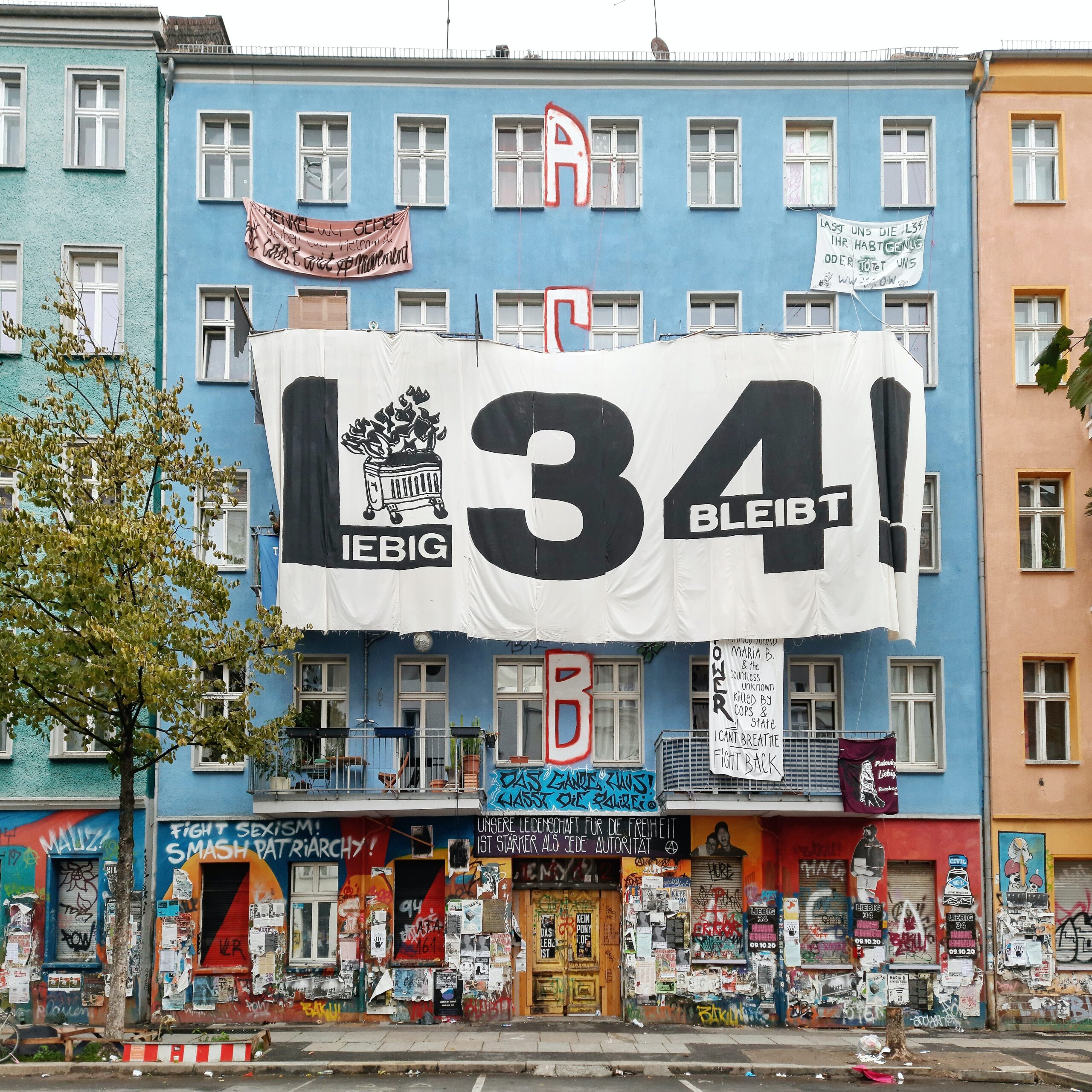
Have you ever wondered why some websites have seemingly random names or no content at all? Well, you can thank domain squatters for that. These individuals or organizations purchase domain names with the sole purpose of reselling them at a higher price or monetizing them through advertising. In the world of “.com” domains, this practice has become increasingly common, greatly impacting the market and leaving businesses scrambling to secure the perfect web address. But what drives domain squatters to target the “.com” market? Let’s take a closer look and uncover the motivations behind this intriguing phenomenon.
Background on domain squatters
Definition of domain squatters
Domain squatters are individuals or entities who register or acquire domain names with the intention of exploiting their perceived value or demand for financial gain. They typically target popular or desirable domain names, such as those with the ‘.com’ extension, and engage in various strategies to profit from their ownership or resale.
History of domain squatting
Domain squatting has been a prevalent issue since the early years of the internet. As the popularity and commercial potential of websites grew, individuals began registering domain names that were similar to existing trademarks or popular brands. This practice, commonly known as cybersquatting, often led to legal disputes and challenges in the domain name system.
Types of domain squatting
There are several types of domain squatting tactics employed by squatters to profit from their acquired domain names:
1. Buying and holding valuable domains
Domain squatters often research and identify potential valuable domains, including generic terms or potentially popular brand names, and then register them in the hope of selling them at a higher price in the future. This strategy involves holding onto the domains until an interested party is willing to pay a significant sum for their acquisition.
2. Registering similar or misspelled domains
Another common tactic employed by domain squatters is registering similar or misspelled versions of existing popular domain names. By doing so, they aim to capture traffic from users who mistype or mistakenly enter the wrong domain name. These domains are often used for redirecting visitors to other websites or displaying advertisements.
3. Parking domains for advertisements
Domain squatters also engage in “domain parking,” where they develop simple websites or landing pages containing advertisement banners or links. These pages serve as placeholders for the domains, generating revenue through pay-per-click advertising based on the traffic the domains receive.
4. Cybersquatting on well-known brands
Cybersquatting involves registering domain names that closely resemble or infringe upon well-known trademarks or brand names. Squatters exploit the brand recognition of these names by using them for various purposes, including selling counterfeit goods, tarnishing the brand’s reputation, or demanding significant sums for the rightful brand owners to acquire the domains.
The impact of domain squatters
Negative effects on businesses
Domain squatters pose numerous challenges and negative consequences for businesses. When squatters hold valuable domain names related to a business or brand, they can create confusion among consumers, divert traffic away from official websites, and potentially harm the reputation and credibility of the brand. Additionally, businesses may face legal battles and incur significant costs in their attempts to recover or protect their trademarks in the online domain space.
Confusion for internet users
Domain squatters often exploit the similarity in names to mislead or deceive internet users. When users mistype or enter a domain name incorrectly, they may be redirected to a squatter’s website, which could contain potentially harmful content, scams, or irrelevant information. This confusion can erode trust in the online environment and undermine user experience.
Decreased availability of desirable domain names
Due to domain squatting, the availability of desirable domain names, particularly those with the popular ‘.com’ extension, has significantly decreased. Many generic or easily memorable domain names have been registered by squatters and held for potential resale, making it challenging for legitimate businesses or individuals to acquire these domains without paying exorbitant prices.

Understanding the ‘.com’ market
Role of ‘.com’ domain extensions
The ‘.com’ top-level domain (TLD) extension has become globally recognized as one of the most important and prestigious domain extensions on the internet. Originally intended for commercial entities, it has now become synonymous with the internet itself, representing a foundation for business identity and online presence.
Demand for ‘.com’ domains
The demand for ‘.com’ domains is incredibly high due to their association with credibility, stability, and trustworthiness. Many businesses and individuals prefer ‘.com’ domains over other TLD extensions due to their universal recognition and market penetration. This high demand has resulted in fierce competition and an increase in domain prices, driven by scarcity and perceived value.
Market value of popular ‘.com’ domains
The market value of popular ‘.com’ domains can reach staggering amounts. Short, memorable, and keyword-rich ‘.com’ domains are particularly sought after by individuals and businesses looking to establish a strong online presence. As a result, speculative buyers and domain squatters often purchase such domains with the expectation of selling them at significantly higher prices in the future, further driving up their market value.
Reasons why ‘.com’ is a target
Perceived value and prestige
The ‘.com’ extension has established itself as a symbol of value and prestige in the online space. Its association with the commercial sector and its widespread usage contribute to its perception as a high-value TLD. Domain squatters target ‘.com’ domains due to their potential for generating substantial profits through resale or monetization.
Brand recognition and credibility
Companies and brands strive to secure a ‘.com’ domain to establish and maintain their online presence. Consumers often associate a ‘.com’ domain with the legitimate and official website of a business, which enhances brand recognition and credibility. Domain squatters recognize this association and target popular brand names or trademarks to exploit the trust and recognition associated with owning a reputable domain.
Ease of memorization and marketing
‘.com’ domains are often easier to remember and market compared to other domain extensions. Their familiarity and prevalence in internet usage make them a preferred choice for businesses that want their web address to be easily retained and shared by users. Domain squatters recognize the marketing potential of ‘.com’ domains and capitalize on this preference by acquiring and holding valuable domains.
SEO advantages
Search engine optimization (SEO) plays a crucial role in enhancing a website’s visibility and driving organic traffic. ‘.com’ domains have historically demonstrated better performance in search engine rankings, as search engines often prioritize them over other TLDs. Domain squatters aim to leverage these SEO advantages by securing valuable ‘.com’ domains, leading to potentially higher traffic and more significant revenue-generating opportunities.

Strategies employed by domain squatters
Buying and holding valuable domains
Domain squatters employ a buy-and-hold strategy whereby they research and identify domains with high-value potential. They acquire these domains through registration or purchase and hold onto them, speculating that their value will increase over time. This strategy involves monitoring market trends, identifying popular keywords or brand names, and strategically investing in domains with the highest profit potential.
Registering similar or misspelled domains
To capture traffic from users who mistype or enter incorrect domain names, domain squatters often register similar or misspelled versions of established domain names. This strategy aims to redirect visitors to alternative websites or generate revenue through displaying advertisements or affiliate marketing. By capitalizing on human error, squatters can maximize their profits from the domains they register.
Parking domains for advertisements
Domain parking involves developing simple web pages or landing pages that display advertisements or links. Domain squatters monetize these pages through pay-per-click advertising, where they earn revenue when visitors click on the advertising displayed on the parked domain’s page. This strategy allows squatters to generate income while waiting for potential buyers or to assess the value and demand of the domain.
Cybersquatting on well-known brands
Domain squatters often engage in cybersquatting by intentionally registering domain names that closely resemble or infringe upon well-known trademarks or brand names. Squatters leverage the reputation and recognition associated with these brands to exploit their value. They may sell counterfeit products, tarnish the brand’s reputation through malicious activities, or demand significant sums from rightful brand owners to acquire the infringing domains.
Legal issues and challenges
Domain trademark disputes
Domain trademark disputes arise when squatters register domains that infringe upon existing trademarks or brand names. These disputes often require legal intervention to resolve the conflicts and protect the rights of the legitimate trademark holders. Companies and individuals affected by domain squatting may need to resort to legal action to recover domains or prevent further misuse.
Uniform Domain-Name Dispute-Resolution Policy (UDRP)
The Uniform Domain-Name Dispute-Resolution Policy (UDRP) is a mechanism developed by the Internet Corporation for Assigned Names and Numbers (ICANN) to address domain name disputes. UDRP provides a streamlined, cost-effective process for resolving disputes related to abusive registration or use of domain names. It allows trademark holders to seek remedies, such as transferring or canceling infringing domain names.
Anti-cybersquatting Consumer Protection Act (ACPA)
The Anti-cybersquatting Consumer Protection Act (ACPA) is a United States federal law that specifically addresses cybersquatting and provides legal recourse for trademark owners. ACPA allows trademark holders to file lawsuits against individuals or entities engaged in cybersquatting activities. It allows for the recovery of damages and the transfer or cancellation of infringing domains.

Efforts to combat domain squatting
Domain monitoring and enforcement
Many businesses and individuals employ domain monitoring and enforcement practices to identify and address potential instances of domain squatting. Regular monitoring helps detect any unauthorized registration or misuse of domain names associated with their trademarks or brands. Domain owners can then take appropriate legal actions or engage in negotiations with squatters to protect their rights and regain control of their domains.
Domain name auctions and marketplaces
Domain name auctions and marketplaces provide a platform for buying and selling domains, allowing legitimate buyers to acquire valuable domains without engaging directly with domain squatters. These platforms facilitate fair and transparent transactions, and some even implement systems to identify and prevent the listing of infringing or unauthorized domains.
Impact of new generic top-level domains (gTLDs)
The introduction of new generic top-level domains (gTLDs) has offered some relief to the scarcity of desirable ‘.com’ domains. With the emergence of new extensions like ‘.tech’, ‘.online’, and ‘.store’, businesses and individuals have alternative options to secure domain names that align better with their branding or industry. The availability of these new gTLDs has slightly reduced the demand and market value of traditional ‘.com’ domains.
Ethical considerations
Cybersecurity risks
Domain squatting poses cybersecurity risks, as squatters may engage in malicious activities using their registered domains. This can include phishing attacks, spreading malware, or engaging in fraudulent practices. Such activities not only harm internet users but also damage the reputation of legitimate businesses associated with similar domain names or trademarks.
Fairness in domain allocation
The practice of domain squatting raises questions about fairness in the allocation of domain names. Squatters sometimes acquire valuable domains without any true intention of using them, solely with the aim of profiting from their resale. This can result in legitimate businesses being unable to secure important domain names for their operations, impeding fair competition in the online space.
Balancing individual and business interests
When it comes to domain ownership, finding a balance between individual and business interests can be challenging. While individuals have the right to acquire and own domain names, domain squatters who exploit this right for financial gain can hinder legitimate businesses’ ability to secure domain names that are important for their brand identity and operations. Ensuring fair practices and regulations that prevent abusive domain acquisition is crucial in maintaining a healthy online environment.
The future of domain squatting
Emerging trends and techniques
As internet usage continues to grow and evolve, domain squatters are likely to adapt their tactics to exploit emerging trends. This includes targeting new industries, keywords, or niches, and leveraging innovative technologies to automate and scale their operations. Additionally, the rise of cryptocurrencies and blockchain technology may also introduce new challenges and opportunities for domain squatters.
Technological advancements and domain security
Advancements in technology, such as enhanced domain registration procedures, robust authentication measures, and improved domain monitoring tools, can help address domain squatting issues. Implementing technical safeguards and security measures can reduce the risk of unauthorized domain registrations and enhance the ability to identify and mitigate instances of domain squatting.
ICANN’s role in regulating domain market
The Internet Corporation for Assigned Names and Numbers (ICANN) plays a significant role in overseeing and regulating the domain market. Through policies, guidelines, and collaborations with domain registrars and stakeholders, ICANN aims to ensure the fair allocation and use of domain names. ICANN’s continued efforts to enhance domain name system security and prevent abusive domain practices are essential in combating domain squatting and protecting the interests of internet users and businesses.
Conclusion
Domain squatters have significantly impacted the ‘.com’ market and online ecosystem. Their exploitation of valuable domain names, such as through cybersquatting or holding domains for resale, disrupts businesses, confuses internet users, and limits the availability of desirable domain names. While various measures, such as legal frameworks, monitoring practices, and new gTLDs, have been introduced to combat domain squatting, addressing ethical considerations and ensuring fairness in the domain allocation process remain ongoing challenges. Looking ahead, continued efforts in technology advancements and effective regulation are crucial for mitigating the impact of domain squatters and fostering a secure and equitable online domain landscape.







